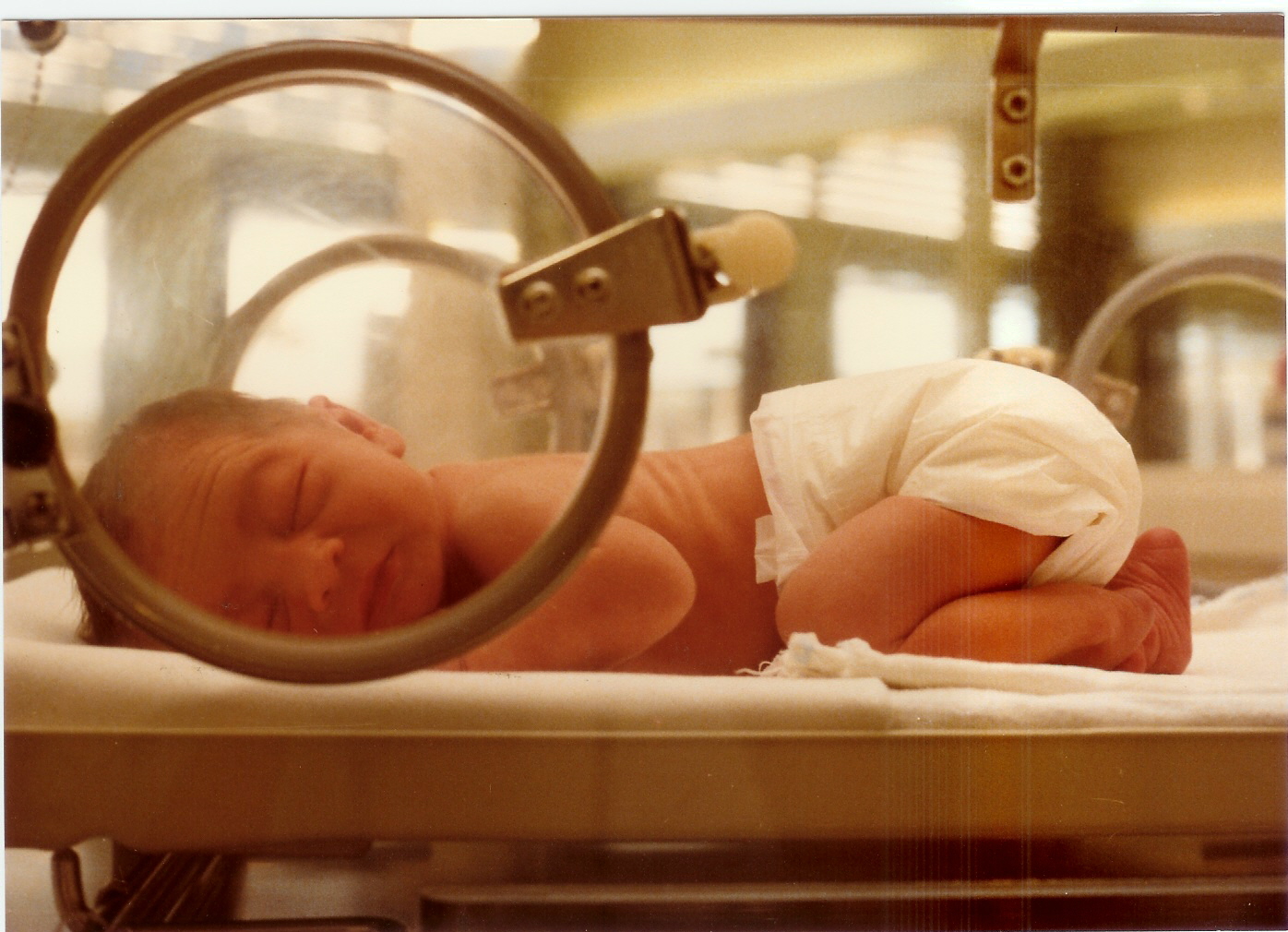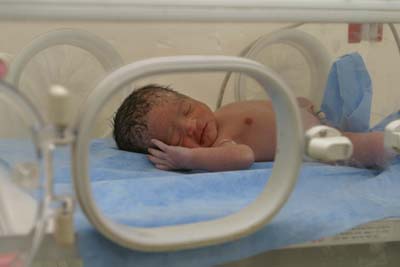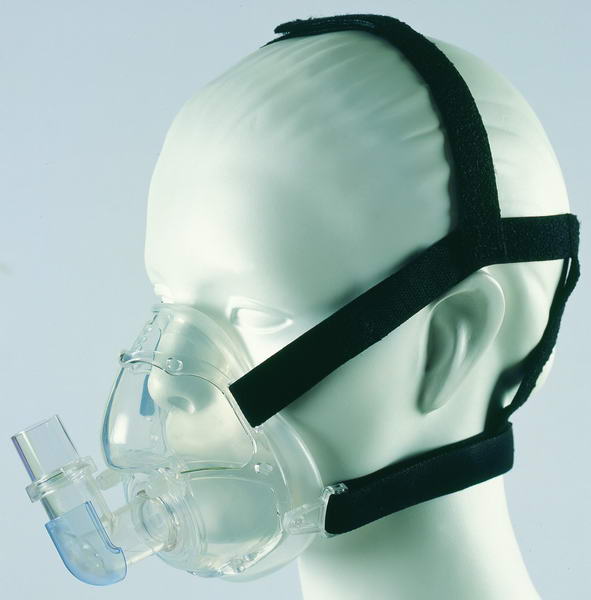neonatal nursing on:
[Wikipedia]
[Google]
[Amazon]
 Neonatal nursing is a sub-specialty of
Neonatal nursing is a sub-specialty of



Association of Women's Health, Obstetric and Neonatal Nurses
{{Nursing Hospital nursing Neonatology
 Neonatal nursing is a sub-specialty of
Neonatal nursing is a sub-specialty of nursing
Nursing is a profession within the health care sector focused on the care of individuals, families, and communities so they may attain, maintain, or recover optimal health and quality of life. Nurses may be differentiated from other health ...
care for newborn infants up to 28 days after birth. The term neonatal comes from neo, "new", and natal, "pertaining to birth or origin". Neonatal nursing requires a high degree of skill, dedication and emotional strength as they care for newborn
An infant or baby is the very young offspring of human beings. ''Infant'' (from the Latin word ''infans'', meaning 'unable to speak' or 'speechless') is a formal or specialised synonym for the common term ''baby''. The terms may also be used to ...
infants with a range of problems. These problems vary between prematurity, birth defects, infection
An infection is the invasion of tissues by pathogens, their multiplication, and the reaction of host tissues to the infectious agent and the toxins they produce. An infectious disease, also known as a transmissible disease or communicable dis ...
, cardiac malformations and surgical issues. Neonatal nurses are a vital part of the neonatal care team and are required to know basic newborn resuscitation, be able to control the newborn's temperature and know how to initiate cardiopulmonary and pulse oximetry monitoring. Most neonatal nurses care for infants from the time of birth until they are discharged from the hospital.
Levels of the Neonatal Nursery
There are four different levels of nurseries where a neonatal nurse might work. The updated classification of neonatal levels by the American Academy of Pediatrics (AAP) includes a Level IV. * Level I consists of caring for healthy newborns. Level I nurses are now uncommon in the United States. Healthy babies typically share a room with their mother, and both patients are usually discharged from the hospital quickly. * Level II provides intermediate or special care forpremature
Premature may refer to:
* ''Premature'' (2014 film), an American comedy film
* ''Premature'' (2019 film), an American romantic drama film
* '' PREMature'', a 2015 British television drama miniseries
See also
* Premature aging, of an organism
* ...
or ill newborns. At this level, infants may need special therapy provided by nursing staff, or may simply need more time before being discharged.
* Level III, the Neonatal intensive-care unit
A neonatal intensive care unit (NICU), also known as an intensive care nursery (ICN), is an intensive care unit (ICU) specializing in the care of ill or premature newborn infants. Neonatal refers to the first 28 days of life. Neonatal care, as kn ...
(NICU), treats newborns who cannot be treated in the other levels and are in need of high technology to survive, such as breathing and feeding tubes. Nurses comprise over 90 percent of the NICU staff.
* Level IV includes all the skills of the level III but involves the extensive care the most critically and complex newborns. This facility will have 24-hour resident neonatologists and surgeons. They are involved with intricate surgical repairs like congenital cardiac issues and acquired malformations.
Changes in neonatal care
Neonatal care became a specialty in the United States in 1960 and in that same year, the first NICU was established in the United States. There have been some major changes in Neonatal Care over the past 120 years. Some of these changes include the invention of the incubator, changes in respiratory care and the development of surfactants.The incubator
An incubator is a plastic dome-shaped machine designed as a crib that regulates a newborn infant's body temperature. The incubator is designed to allow the temperature to be adjusted according to the state of the baby's current body heat. A range of five types of incubators all serve different purposes in the neonatal intensive care unit. The closed-box incubator is used to prevent infection that could be contracted the outside of the box; it filtrates the air and keeps the moisture fresh. The double-walled incubator keeps heat inside the box. Servo-controlled incubators are controlled by skin detectors which are designed to recognize the loss or gain of body heat and make adjustments to maintain the correct temperature. The open box incubator produces heat from beneath the baby to keep it warm. Portable incubators transport the newborn to and from different parts of the hospital. In 1880, Dr. Tarnier was convinced that the maintenance of internal temperature was key to the premature infant's survival. This led him to introduce the first human incubator. Inspired by chicken eggs hatching in an incubator, he asked a zoo keeper to design a similar incubator for premature infants. Dr. Delee expanded the use and function of the incubator by incorporating an oxygen chamber and an electric controlled thermostat which allowed the incubator to be transported in ambulances.
Respiratory care
Administration of oxygen assists and generates oxygen intake for neonates. Oxygen administration began with a metal forked device in the nostrils, and it is now administered through thin plastic tubes in the nostrils, also known as nasal cannula. The first ventilation of an infant was in 1961 in a positive pressure situation, and mechanical ventilation was improved in 1971. Mechanical ventilation is the process in which a machine, attached to the patient, regulates breathing by pumping air in and out of the lungs. Another type of breathing mechanism used is the continuous positive airway pressure (CPAP) mask which attaches to the face to help with breathing. These masks were first used in 1973 as an alternate less invasive form of support.
Surfactants
A surfactant allows a substance to get "wet" to help another substance dissolve. In 1910, the first study of the use of surfactants on infants took place in Japan. Surfactant therapy since has improved the infant mortality rate by 50%. Surfactants combined with the least invasive respiratory therapy (bubble CPAP or nasal CPAP) has greatly improved the infant mortality rate in the US.Family involvement (United States)
In the later 70s, family involvement in treatment became a major addition to patient treatment plans. This decade allowed for upgrades in visiting hours. Hours were expanded and siblings and fathers were encouraged to assist the mother in physical treatment. Many studies showed that with the higher frequency of family interaction such as bottle feeding, skin-to-skin contact, and overall baby holding, and support allowed for patients to have overall major health improvements which eventually lead to a decreasing need for ventilators and quicker discharge rates.Qualifications and requirements
United States
Healthcare institutions have varying entry-level requirements for neonatal nurses. Neonatal nurses are Registered Nurses (RNs), and therefore must have anAssociate of Science in Nursing
An Associate of Science in Nursing (ASN) is a tertiary education nursing degree which typically takes 2–3 years to complete. In the United States, this type of degree is usually awarded by community colleges or similar nursing schools. Some f ...
(ASN) or Bachelor of Science in Nursing
The Bachelor of Science in Nursing (BSN, BScN) also known in some countries as a Bachelor of Nursing (BN) or Bachelor of Science (BS) with a Major in Nursing is an academic degree in the science and principles of nursing, granted by an accredited ...
(BSN) degree. Some countries or institutions may also require a midwifery
Midwifery is the health science and health profession that deals with pregnancy, childbirth, and the postpartum period (including care of the newborn), in addition to the sexual and reproductive health of women throughout their lives. In many ...
qualification. Some institutions may accept newly graduated RNs who have passed the NCLEX
The National Council Licensure Examination (NCLEX) is a nationwide examination for the licensing of nurses in the United States, Canada and Australia since 1982, 2015 and 2020 respectively. There are two types, the NCLEX-RN and the NCLEX-PN. Aft ...
exam; others may require additional experience working in adult-health or medical/surgical nursing.
Some countries offer postgraduate degrees in neonatal nursing, such as the Master of Science in Nursing
A Master of Science in Nursing (MSN) is an advanced-level postgraduate degree for registered nurses and is considered an entry-level degree for nurse educators and managers. The degree also may prepare a nurse to seek a career as a nurse adminis ...
(MSN) and various doctorates
A doctorate (from Latin ''docere'', "to teach"), doctor's degree (from Latin ''doctor'', "teacher"), or doctoral degree is an academic degree awarded by universities and some other educational institutions, derived from the ancient formalism ''l ...
. A nurse practitioner
A nurse practitioner (NP) is an advanced practice registered nurse and a type of mid-level practitioner. NPs are trained to assess patient needs, order and interpret diagnostic and laboratory tests, diagnose disease, formulate and prescribe ...
may be required to hold a postgraduate degree. The National Association of Neonatal Nurses recommends two years' experience working in a NICU before taking graduate classes.
As with any registered nurse, local licensing or certifying bodies as well as employers may set requirements for continuing education.
There are no mandated requirements to becoming an RN in a NICU, although neonatal nurses must complete the Neonatal Resuscitation Program
The Neonatal Resuscitation Program is an educational program in neonatal resuscitation that was developed and is maintained by the American Academy of Pediatrics. This program focuses on basic resuscitation skills for newly born infants.
With the ...
. Some units prefer new graduates who do not have experience in other units, so they may be trained in the specialty exclusively, while others prefer nurses with more experience.
Intensive care nurses receive intensive didactic and clinical orientation, in addition to their general nursing knowledge, to provide highly specialized care for critical patients. Their competencies include the administration of high-risk medications, management of high-acuity patients requiring ventilator support, surgical care, resuscitation, advanced interventions such as extracorporeal membrane oxygenation or hypothermia therapy for neonatal encephalopathy
Mild total body hypothermia, induced by cooling a baby to 33-34°C for three days after birth, is nowadays a standardized treatment after moderate to severe hypoxic ischemic encephalopathy in fullterm and near to fullterm neonates. It has recently ...
procedures, as well as chronic-care management or lower acuity cares associated with premature infants such as feeding intolerance, phototherapy, or administering antibiotics. NICU RNs undergo annual skills tests and are subject to additional training to maintain contemporary practice.
Europe
The first step to qualify is to complete a nursing degree. To gain entry into a nursing degree, it is required to have at least GCSE (A-C) in English, Mathematics and a science-based subject, and two to three A-levels with one being in a biological science.United Kingdom
You must complete a 3 year degree program in nursing or midwifery and be either a RN(adult), RN(child) or a RM. Once a registered practitioner you can work in special care and some high dependency areas. It is a requirement to complete a recognized neonatal intensive care course to become qualified in specialty (QIS) to care for intensive care babies and to supervise other nurses.Australia
In Australia, a neonatal nurse first needs to be a Registered Nurse (RN) orMidwife
A midwife is a health professional who cares for mothers and newborns around childbirth, a specialization known as midwifery.
The education and training for a midwife concentrates extensively on the care of women throughout their lifespan; co ...
.
Two years of nursing experience are needed, as is practical experience and employment in the neonatal unit before being eligible to undertake postgraduate studies in neonatal nursing. This usually requires undertaking a Graduate Diploma Degree in Clinical Nursing.

Academy of Neonatal Nursing
The Academy of Neonatal Nursing was founded in 2001 and serves as a professional organization for neonatal nurses. Nurses who belong to the organization have the ability to locate continued education, apply for scholarships and awards, and receive other benefits. They can also receive the Academy's healthcare journal, '' Neonatal Network''.APGAR scoring
All nurses working in a birthing center have an important role in assessing the newborn immediately after birth. The assessment of the neonate's appearance (colour), pulse (heart rate), grimace (in response to unpleasant stimuli such as bulb suctioning the pharynx), activity (muscle tone and/or movement), and respiratory effort via the APGAR scoring system is essential to guide the baby's care (see Understanding theAPGAR
The Apgar score is a quick way for doctors to evaluate the health of all newborns at 1 and 5 minutes after birth and in response to resuscitation. It was originally developed in 1952 by an anesthesiologist at Columbia University, Virginia Apgar, ...
scoring system). The nurse is often directly responsible for assigning the APGAR scores at 1 and 5 minutes of life. Each of the five assessment areas is given a score of 0, 1, or 2. The maximum score possible is 10. Scores of 7 or above are considered normal for full-term newborns. If the total score is below 7, or any area is scored 0 at 5 minutes of life, resuscitation efforts and scoring should continue every 5 minutes until 20 minutes of life. At 10 minutes neonates with an APGAR score of 3 or lower are at risk of having neurological dysfunctions and cerebral palsy in the future although there is no guarantee. Despite how every individual's case varies; as time goes by with the score not improving the risk becomes higher. However, there are numerous other factors to take into consideration when determining future complications, an APGAR score cannot do it alone.
Beyond assessing the five components that make up the APGAR score, it's essential to understand its meaning. The APGAR score assigned at 1 minute of life reflects how the fetus tolerated the in utero environment and/or the labor and delivery process. All subsequent APGAR scores reflect the newborn's response to interventions during the transition from intrauterine to extra-uterine life. There are, however, multiple different factors that can impact the APGAR score which include anesthesia, gestational age and initial lower oxygen. These nursing interventions include keeping the baby warm, stimulating the baby to breathe, giving breaths to the baby who isn't breathing well, and performing chest compression if needed.
References
External links
Association of Women's Health, Obstetric and Neonatal Nurses
{{Nursing Hospital nursing Neonatology